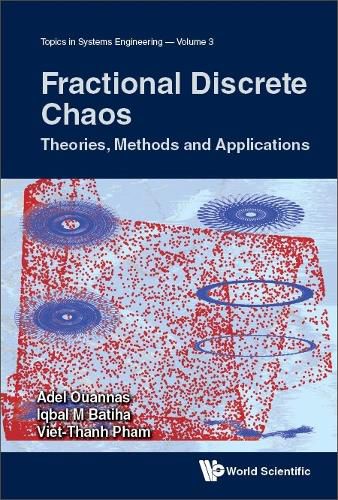Readings Newsletter
Become a Readings Member to make your shopping experience even easier.
Sign in or sign up for free!
You’re not far away from qualifying for FREE standard shipping within Australia
You’ve qualified for FREE standard shipping within Australia
The cart is loading…






In the nineteenth-century, fractional calculus had its origin in extending differentiation and integration operators from the integer-order case to the fractional-order case. Discrete fractional calculus has recently become an important research topic, useful in various science and engineering applications. The first definition of the fractional-order discrete-time/difference operator was introduced in 1974 by Diaz and Osler, where such operator was derived by discretizing the fractional-order continuous-time operator. Successfully, several types of fractional-order difference operators have then been proposed and introduced through further generalizing numerous classical operators, motivating several researchers to publish extensively on a new class of systems, viz the nonlinear fractional-order discrete-time systems (or simply, the fractional-order maps), and their chaotic behaviors. This discovery of chaos in such maps, has led to novel control methods for effectively stabilizing their chaotic dynamics.The aims of this book are as follows:
$9.00 standard shipping within Australia
FREE standard shipping within Australia for orders over $100.00
Express & International shipping calculated at checkout
In the nineteenth-century, fractional calculus had its origin in extending differentiation and integration operators from the integer-order case to the fractional-order case. Discrete fractional calculus has recently become an important research topic, useful in various science and engineering applications. The first definition of the fractional-order discrete-time/difference operator was introduced in 1974 by Diaz and Osler, where such operator was derived by discretizing the fractional-order continuous-time operator. Successfully, several types of fractional-order difference operators have then been proposed and introduced through further generalizing numerous classical operators, motivating several researchers to publish extensively on a new class of systems, viz the nonlinear fractional-order discrete-time systems (or simply, the fractional-order maps), and their chaotic behaviors. This discovery of chaos in such maps, has led to novel control methods for effectively stabilizing their chaotic dynamics.The aims of this book are as follows: